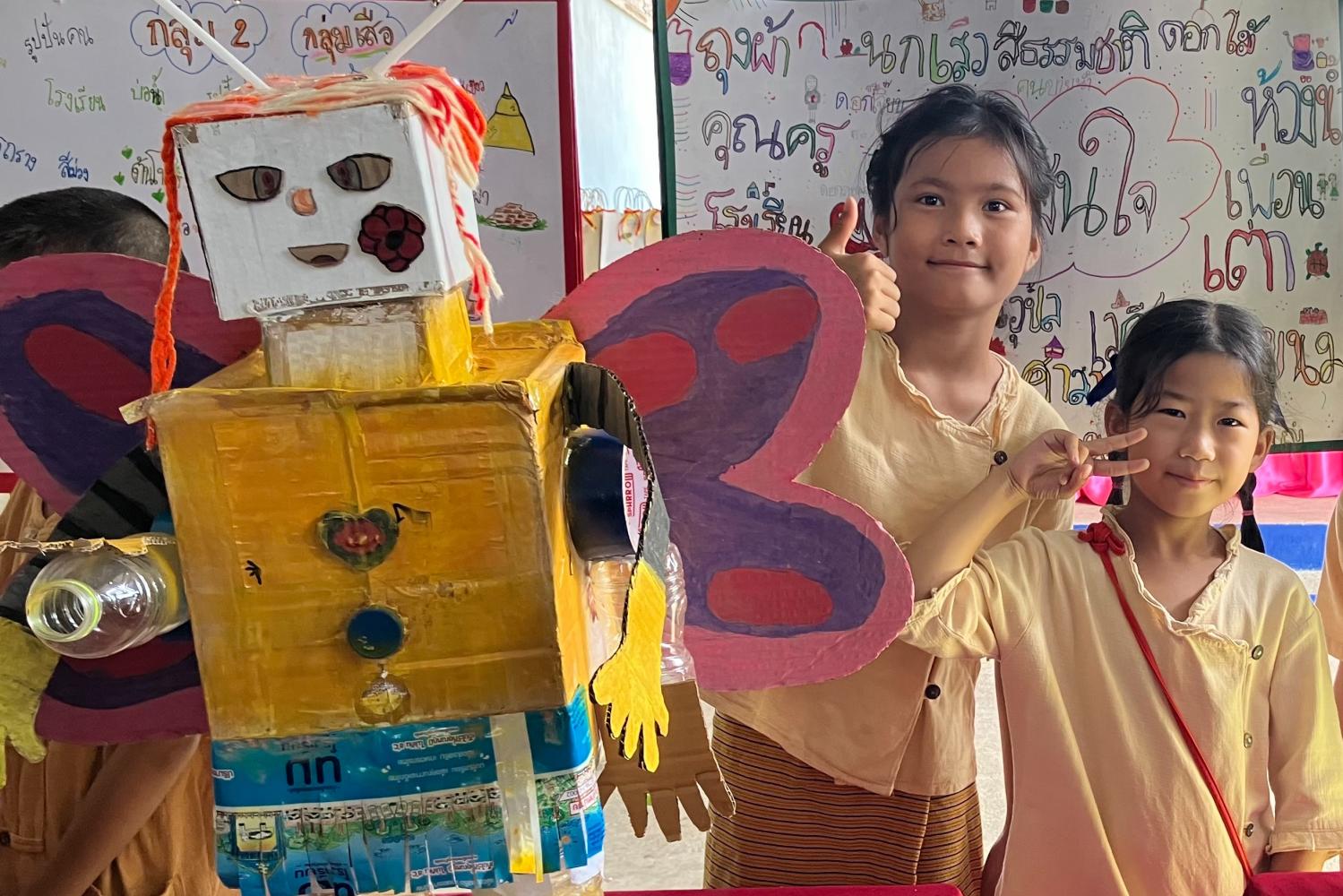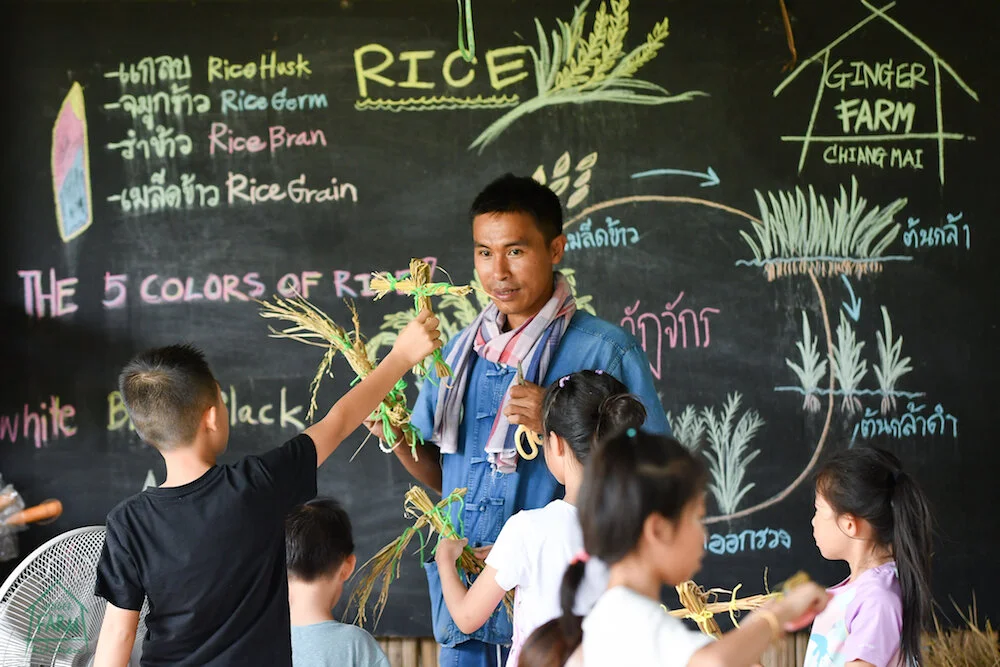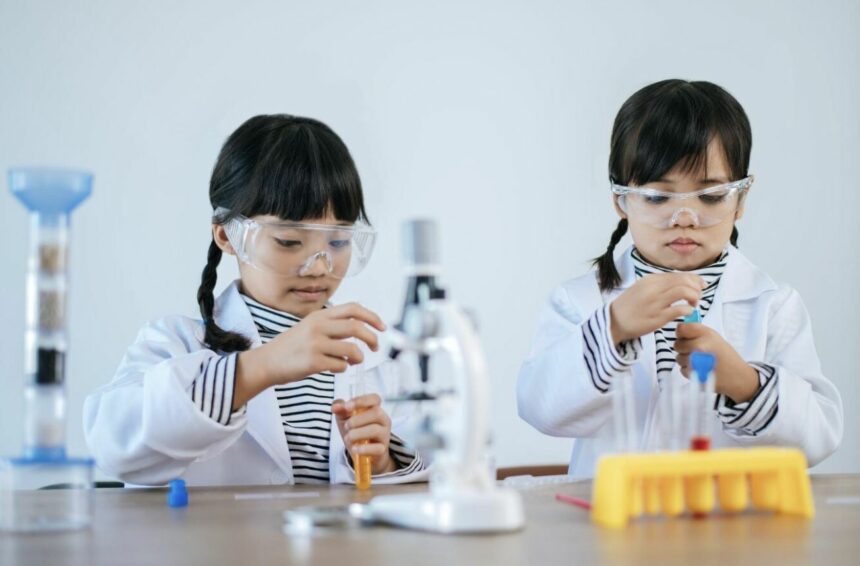CHIANG MAI – The Ministry of Education has recognized the progress made by Chiang Mai schools as education reforms gather momentum, especially in rural areas. The Office for National Education Standards and Quality Assessment (ONESQA) has taken the lead, focusing on schools with limited resources.
The changes promote collaboration between schools and encourage learning that centres on the needs of students.
New approaches replace heavy paperwork with more flexible and practical methods. Local projects let students apply what they’ve learned, while teachers face less administrative work. Assessments now guide development rather than cause stress.
Wat Ku Kham School in the San Pa Tong district stands out as a leading example. Headteacher Prakong Piraisangchan and the staff promote a philosophy of “Learner, Leader, Innovator”.

The school teaches 239 children, many from ethnic and international backgrounds, using lessons that develop critical thinking, observation and practical skills. The school’s approach rests on four main ideas: shared leadership, strong research and reasoning, emotional understanding and innovation.
With the support of ONESQA and volunteer teachers, the school has moved away from rote learning and now works towards recognized global standards.
Prakong Piraisangchan says that real change must come from within. “One person can’t change a school alone. It takes teamwork and support over many years,” he said. Assessments, he added, are there to help, not control.
Wat Ku Kham works with Chiang Mai University to use ONESQA’s reports to create a five-year plan, with yearly actions planned by both the school and the university.
Deputy Education Minister Linthiporn Varinvacharo has praised the school. He highlighted how staff use local culture and creative ideas to deliver results, even with limited funding.

ONESQA Director Ong-art Naiyapatana said the new approach to assessment helps build confidence and supports national progress. Another success story is Chiang Mai College of Agriculture and Technology. Here, students gain real skills for work in farming and business.
With a shortage of skilled workers in farming, the college changed its courses to include official certificates and training in drone use, smart farming and business skills.
Students learn modern farming and also get to run shops and online businesses. Links with businesses, past students and global organizations have made the courses stronger. Projects such as the Smart Greenhouse and products like kombucha help students meet real demand while also learning about sustainable business.
Ong-art Naiyapatana said schools like these show how new ideas and a focus on learning can shift education for the better. Even smaller schools can lead the way in national development.














